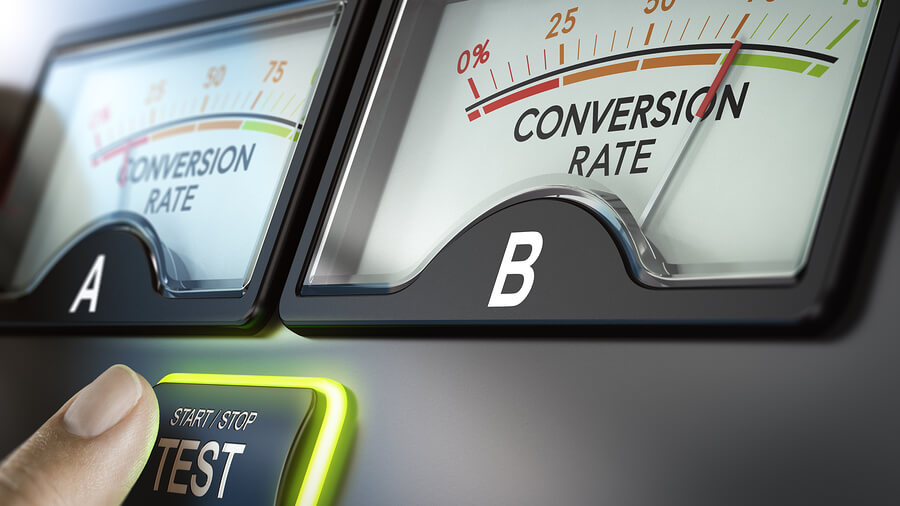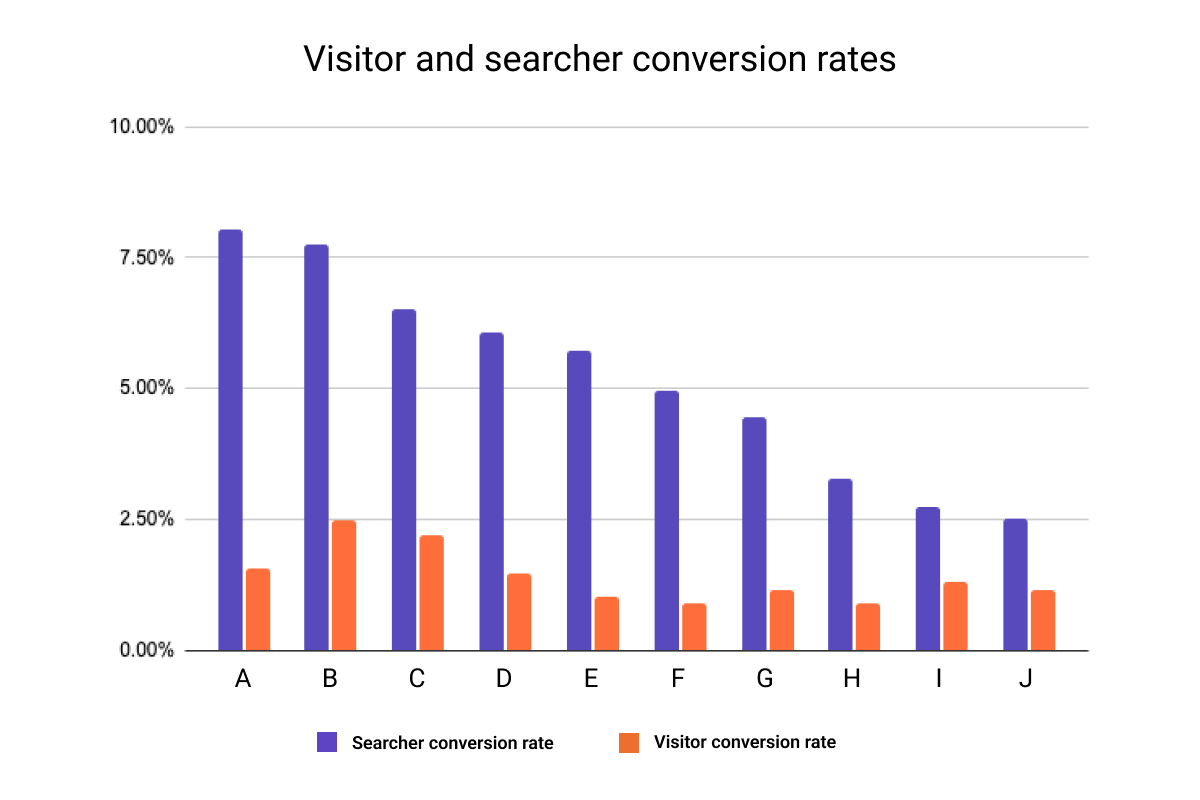
A question that comes up time and again when our team speaks to hoteliers, is what a good hotel booking engine conversion rate looks like.
NB: This is an article from Triptease
While every business is different and there can never be a ‘best’ booking engine for hotels, taking a look into typical conversion rates can offer some guidance. Fortunately, tracking customer booking behavior on over 10,000 hotel websites globally puts us in a unique position to be able to analyze exactly this kind of data.
Subscribe to our weekly newsletter and stay up to date
While we previously ran in-depth booking engine software analysis back in June 2021, the rapid pace of change in the hospitality industry over the past year means that it’s always a good time to take another look, and to make sure that your online booking engine is working as hard as possible for your hotel.
In this article we’ll share new data comparing the conversion rates of the most popular booking engines around the world. This analysis was drawn from Triptease global hotel data from November 2021 to January 2022.
Benchmark your booking engine performance
One key learning has remained consistent since the last time this analysis was run: There is a huge difference between the searcher conversion rate of the highest and lowest performing booking engines from our comparison set. In fact, the searcher conversion rate of the highest-performing booking engine is now more than three times higher than the lowest. That means if you’re currently at the lower end of the scale, you could be missing out on a significant volume of bookings because of a poor booking engine user experience.

This graph looks at global booking data from November 2021 to January 2022 for a list of hotel booking engines that are most widely used by our customers. Visitor conversion rate measures the full-funnel performance of both your marketing site and booking engine, whereas searcher conversion rate essentially measures the performance of your booking engine alone.
Searcher conversion rate is a measure of your booking engine’s success, whereas user conversion rate is a measure of the combined performance of your website and booking engine together.
What’s interesting to note here is the significant jump between the user/visitor conversion rate and the searcher conversion rate. It’s no surprise that customers who actually reach your booking engine have a much higher chance of running a search and completing a booking. What this chart shows is that there is huge room for improvement across the board when it comes to guiding website visitors to the booking engine and encouraging them to search.




